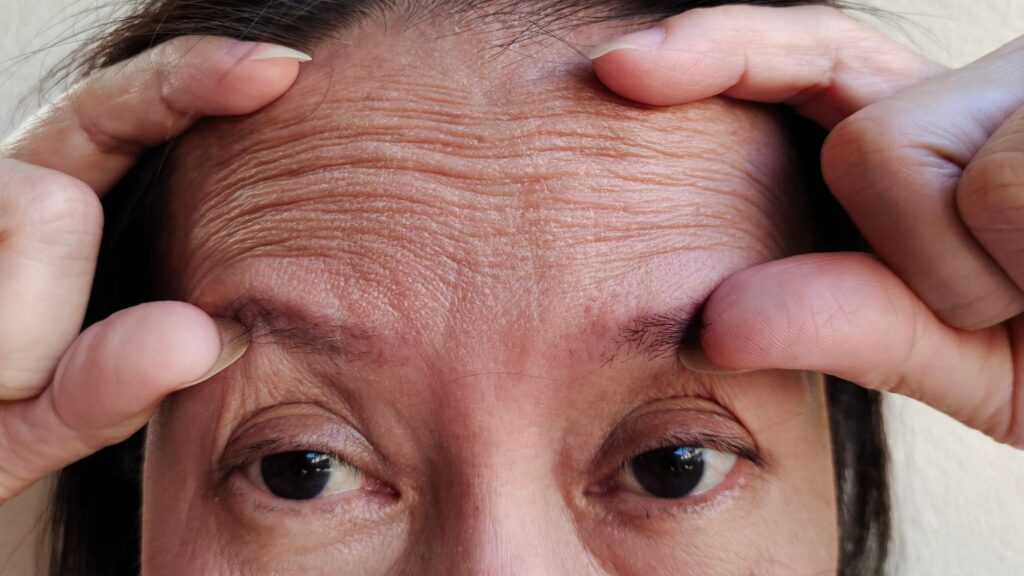The relationship between diet and aging has long captivated both the scientific community and the general public. As we seek ways to optimize health and extend life expectancy, the foods we consume are scrutinized for their potential effects on our longevity and vitality. Carbohydrates, in particular, have come under significant examination. Often a central element of dietary debates, carbohydrates range from simple sugars to complex starches and fibers. Critics argue that excessive consumption of certain types of carbohydrates, especially refined sugars, can accelerate aging processes. This is thought to be due to their impact on metabolic functions and inflammation levels within the body. Proponents, however, highlight the necessity of carbohydrates for energy and overall health, advocating for a balanced approach. This blog explores these contrasting views to understand how carbohydrates might influence aging, diving deep into scientific research to unravel whether they are a culprit or an essential component of a healthy diet.
Do Carbohydrates Accelerate Aging? An In-depth Analysis
Understanding Carbohydrates
Carbohydrates are essential macronutrients that serve as the primary energy source for the body. They are classified into two main types: simple and complex. Simple carbohydrates, often referred to as sugars, are quickly digested and provide rapid energy. They are found in foods like fruits, milk, and refined sugars. Complex carbohydrates, such as starches and fibers, are found in whole grains, legumes, and vegetables, and digest more slowly, providing sustained energy and aiding in digestive health. Both types are crucial for optimal bodily functions, fueling everything from brain activity to physical exertion, and play a vital role in a balanced diet.
The Science Behind Carbohydrates and Aging
Glycation is a biochemical process where sugar molecules, such as glucose or fructose, bond non-enzymatically to proteins or lipids, forming harmful compounds known as Advanced Glycation End products (AGEs). This process is a natural part of the aging mechanism but can be significantly accelerated by lifestyle factors, particularly through diets high in simple sugars.
AGEs accumulate in body tissues over time, causing protein fibers to become stiff and malformed. This accumulation impacts various cell functions and structural integrity, leading to deterioration in tissue elasticity and function. For example, in the skin, increased AGEs can lead to reduced elasticity, resulting in wrinkles and sagging. In blood vessels, they can enhance arterial stiffness, elevating the risk of hypertension and cardiovascular diseases.

High blood sugar levels exacerbate the formation of AGEs. When blood sugar levels are persistently high—as often seen in unmanaged diabetes—the rate of AGE formation increases, boosting oxidative stress and inflammation, which are key players in the aging process. This suggests that managing carbohydrate intake, especially reducing high-glycemic and refined sugars, could be a strategic approach to decrease AGE production, thereby potentially slowing down aging and reducing the risk of age-related diseases.
Research Evidence
Numerous studies have explored the link between carbohydrate intake and aging, often yielding varied and sometimes conflicting results. A landmark study by the Journal of Gerontology demonstrated that a diet low in carbohydrates and high in fat could extend lifespan in mice, suggesting potential implications for human aging. Conversely, research published in Cell Metabolism found that mice on a high-carbohydrate, low-protein diet showed better health outcomes and lifespan extension compared to those on high-fat diets.
Human studies also present a complex picture. Epidemiological data from the Blue Zones, areas where people live significantly longer than average, show a high consumption of complex carbohydrates like legumes and whole grains, indicating a positive role for certain types of carbohydrates in longevity. On the other hand, studies on Western diets rich in processed carbohydrates and sugars associate high carbohydrate intake with increased risks of metabolic diseases, which can accelerate aging.
The conflicting results often stem from the type of carbohydrates consumed—whether they are refined or complex—as well as overall dietary patterns and lifestyle factors. These findings suggest that not all carbohydrates are equal in their effects on aging, emphasizing the importance of diet quality over macronutrient quantity.

Impact of Carbohydrates on Skin Aging
Diets high in refined sugars can significantly impact skin health and accelerate the visible signs of aging through a process known as glycation, where sugars attach to proteins, forming advanced glycation end products (AGEs). These AGEs accumulate in skin collagen and elastin, the fibers that give skin its elasticity and firmness, making them rigid and prone to breakage, which leads to wrinkles, sagging, and a dull complexion. High sugar intake also promotes inflammation and can exacerbate skin conditions like acne and rosacea.
Antioxidants play a crucial role in mitigating these effects. Found abundantly in fruits, vegetables, and whole grains, antioxidants help neutralize free radicals and reduce oxidative stress, one of the contributors to aging, including skin aging. A diet lower in carbohydrates, especially refined sugars, and higher in antioxidant-rich foods can thus help preserve skin health and appearance.
Additionally, switching to a diet with fewer high-glycemic foods and more complex carbohydrates (like whole grains and legumes) can reduce the formation of new AGEs, promoting healthier, more youthful skin over time. This dietary approach aligns with broader anti-aging strategies that emphasize reducing sugar intake and increasing antioxidant consumption.
Carbohydrates and Longevity
Research into the impact of carbohydrate intake on lifespan and health span has yielded intriguing insights. Some studies suggest that low-carbohydrate diets may influence longevity positively, particularly when they focus on high-quality, nutrient-dense foods rather than simply reducing carb intake. For instance, a study published in “The Lancet Public Health” found that both high and low percentages of carbohydrate diets were associated with increased mortality, with moderate intake offering the best longevity benefits.
Further research, particularly those focusing on ketogenic diets, which are very low in carbs and high in fats, suggests these diets may improve metabolic efficiency and reduce markers of aging in some individuals. These diets are thought to simulate some benefits of caloric restriction, a well-known factor in extending lifespan in animal models. However, the optimal balance of carbohydrate intake might vary based on individual health conditions, activity levels, and metabolic health, indicating a personalized approach is essential for promoting longevity.

Final Thoughts
The relationship between carbohydrate intake and aging is complex and multifaceted, influenced by the type of carbs consumed and overall dietary patterns. While excessive intake of refined sugars is linked to accelerated aging processes through mechanisms like glycation, diets rich in complex carbohydrates from whole foods can support healthy aging. The key appears to lie in balance and quality—choosing whole grains, fruits, and vegetables over processed foods and sugars. As research continues to evolve, it’s clear that understanding the role of carbohydrates in our diet is crucial for managing health and longevity, advocating for a nuanced approach to dietary choices.
Also read: How Your Eating Habits Affect Your Skin
